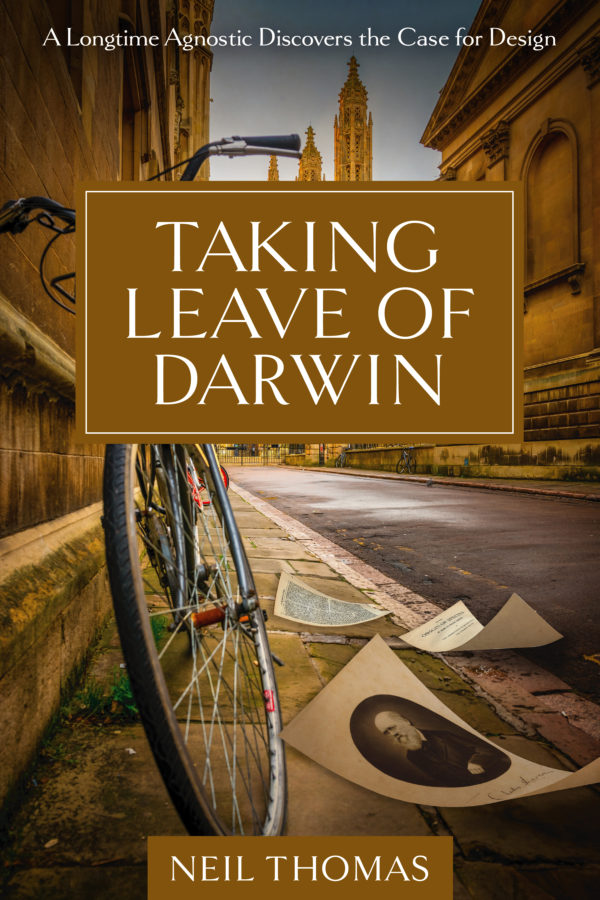
Neil Thomas, author of Taking Leave of Darwin (2021), comments on how the approach to the world taken by Isaac Newton made it easier to accept Darwinism as an account of the history of life, ignoring its limitations:
Once the Newtonian paradigm in cosmology had won acceptance, there then followed a predictable amount of follow-my-leaderism as it came to be thought that all scientific explanations should henceforth remain congruent with that paradigm. After all, did not Darwinian theory dovetail satisfyingly with those other naturalistic approaches to the universe which had been gathering momentum in the late 18th and early 19th centuries and which, cumulatively but sometimes insensibly, were edging Britain towards a post-Christian era? Newton having satisfactorily explained the starry heavens above, and Lyell having explained the inanimate, geological realm, the sights of scientific research were now refocused on organic life by use of the same methodological means. The direction of the scientific quest now turned to finding a solution to the riddles of the terrestrial world in wholly natural terms: how had its plant and animal life developed?
It was at just this time that Darwin made his grand entrance on to the public stage to give people the kind of answer they would have wanted at precisely the time they would have wanted to hear it. He could not have timed it better, for now Darwin came to be seen as marching in triumphantly to provide a crowning consummation of Newton and Lyell. So it was that by the mid to late 1860s, Darwin’s theory began its irresistible integration into that great, overarching metanarrative of the age which reduced all things to natural causes, his intervention in history commonly viewed as “a completion of the unfinished Cartesian revolution that demanded a mechanical model for all living processes.”2
Neil Thomas, “Darwin and the Newtonian Metanarrative” at Evolution News and Science Today (January 29, 2022)
The thing about such models is that they receive a great deal of social support and a person who diligently enquires into the evidence, exposing defects, is treated with — at best — suspicion. Not a healthy situation for honest inquiry.